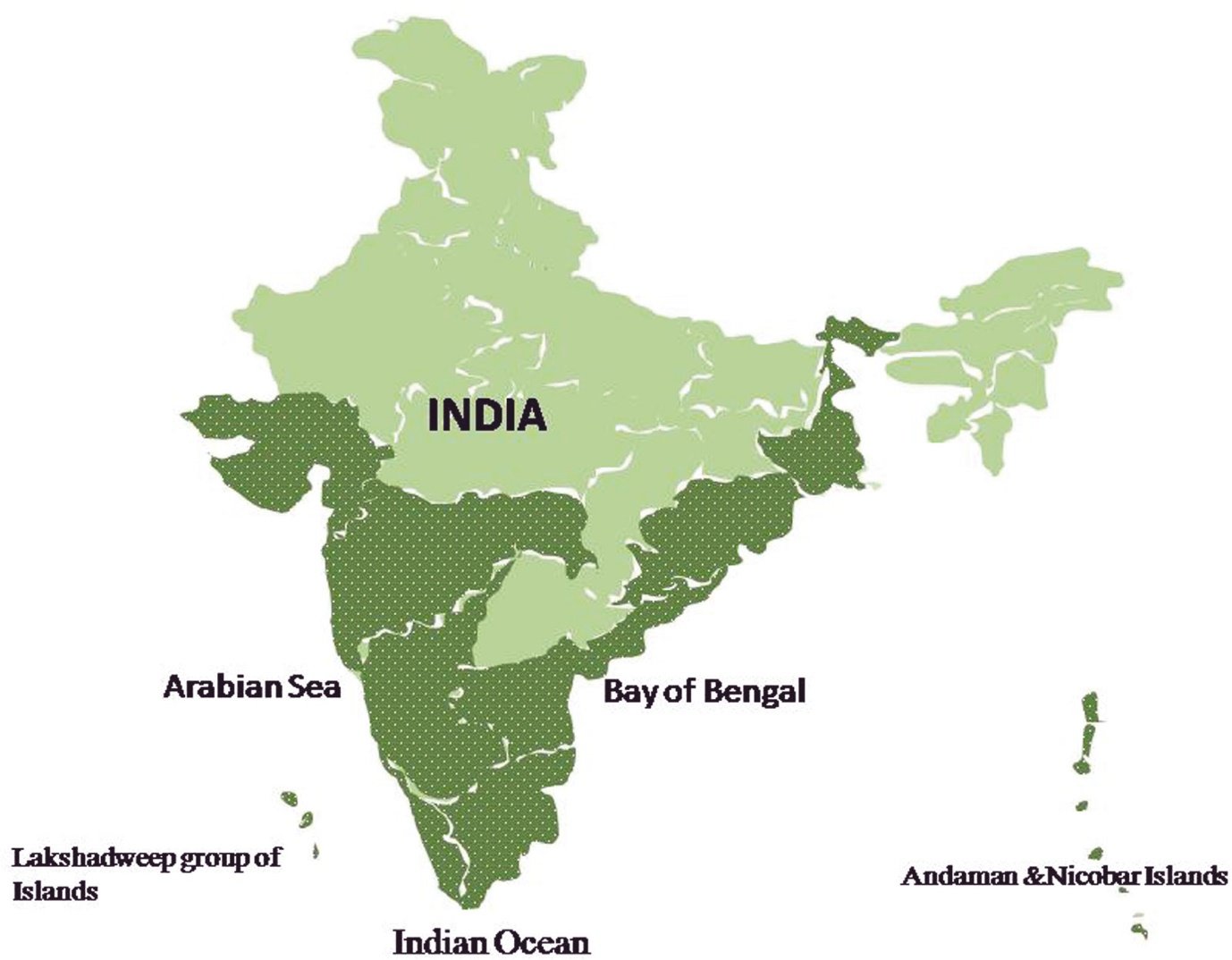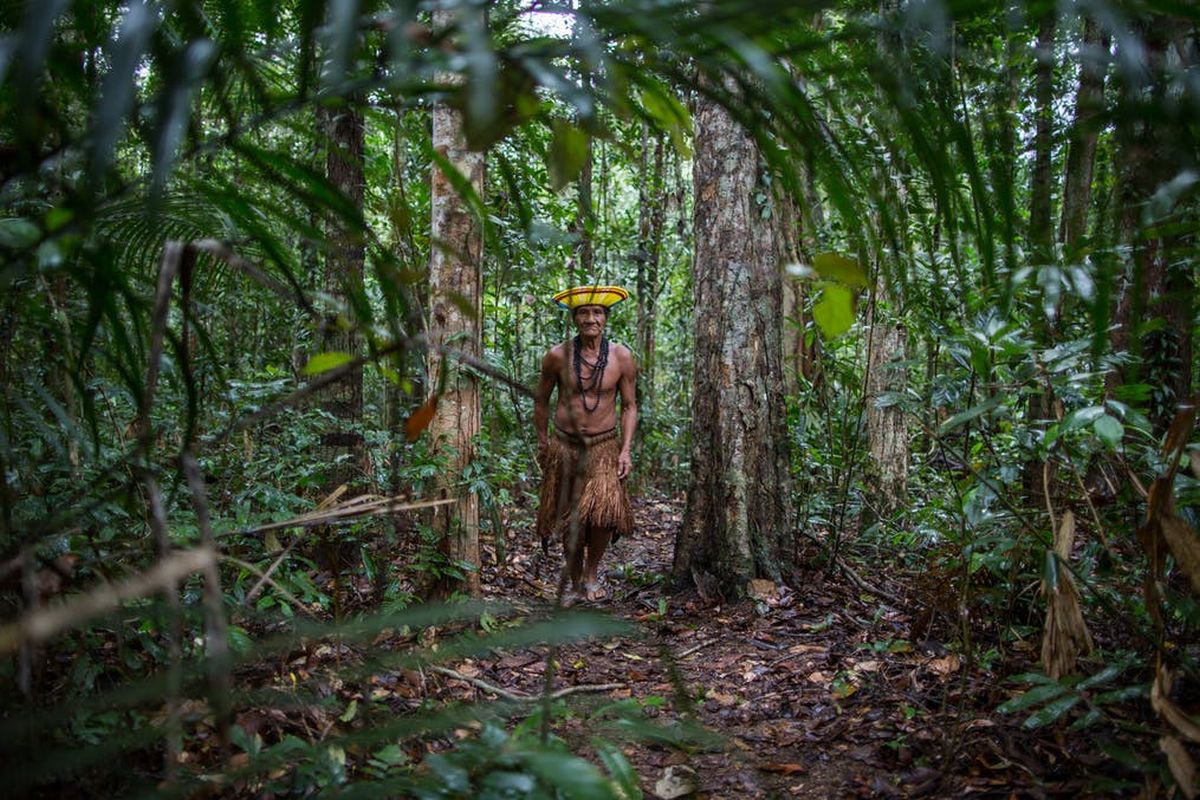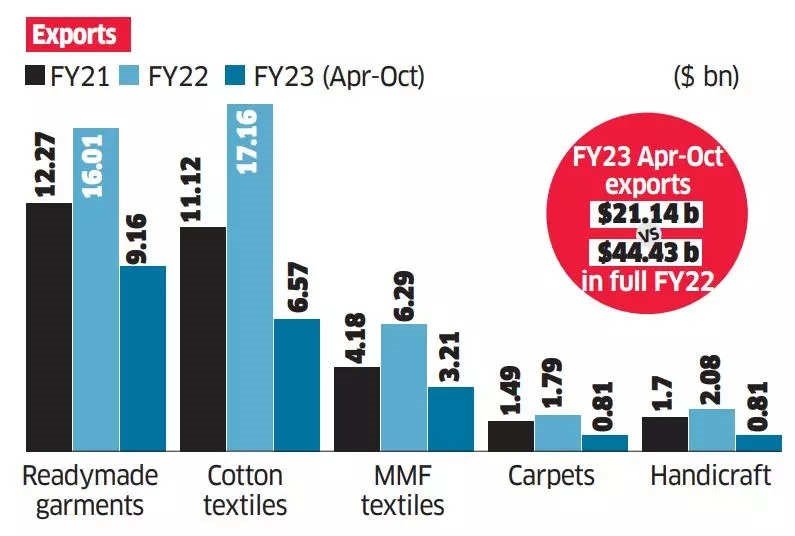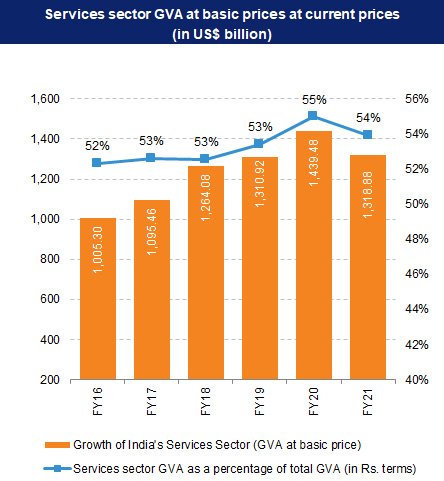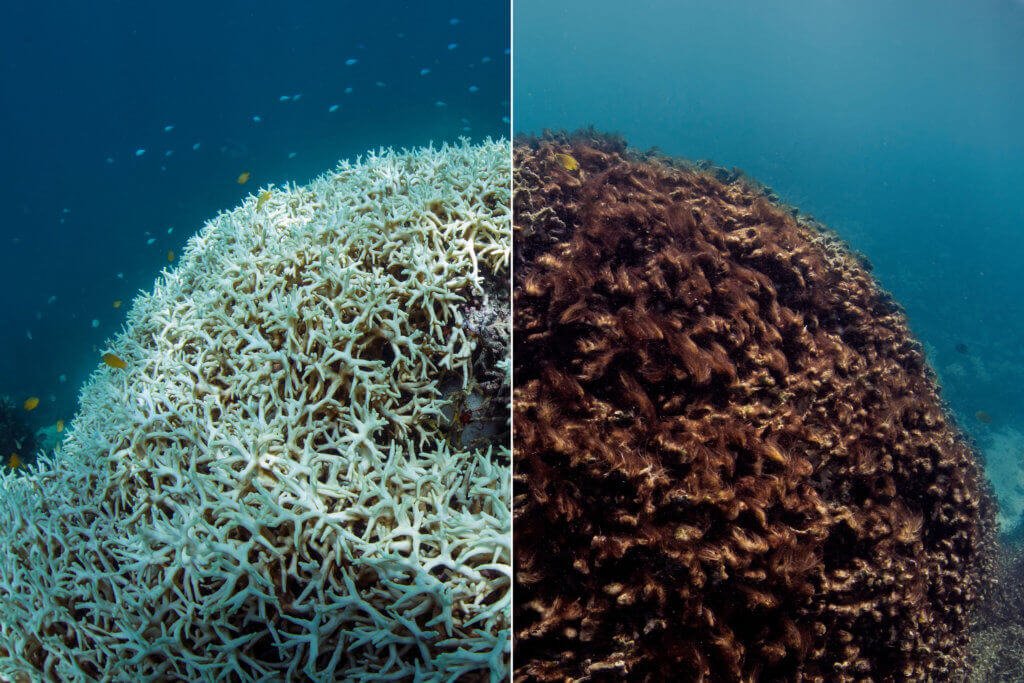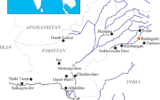
Traditional Farming and Indigenous rice varieties
Subscribers of "Current Affairs" course can Download Daily Current Affairs in PDF/DOC
Subscribe to Never Miss an Important Update! Assured Discounts on New Products!
Must Join PMF IAS Telegram Channel & PMF IAS History Telegram Channel
- Context (DTE): Cauvery Delta farmers revert to traditional farming of Indigenous rice varieties amidst rising challenges of growing conventional crops.
Traditional farming
- Centuries-old agricultural methods, usually practised with minimal use of modern technology or inputs. Relies on the use of local seeds and breeds, manual labour, Indigenous knowledge, etc.
- Also focuses on natural resource utilisation and maintaining ecological balance.
Traditional Farming v/s Conventional Farming
|
Traditional farming |
Conventional Farming |
|
|
|
|
|
|
|
|
|
|
|
|
|
|
|
|
Indigenous rice varieties
- Traditional rice varieties that have evolved in a particular geographic region over centuries, adapting to local climate, soil, and farming practices.
- It can be distinguished by its physical characteristics, such as grain shape, colour, and flavour, as well as its ecological adaptability and resistance to pests and diseases.
- Examples of Indigenous rice varieties: Mappillai Samba, Karrupu Kavuni, Thooya Malli, Thanga Samba, Kichadi Samba, Kala Jeevan, Kullakaar, Thooyamalli, Karunkuruvai.
Advantages
- Lesser water and fertilisers are needed, unlike modern varieties, which are very water intensive.
- Ecological adaptation to the climatic and natural challenges of the region.
- Preserve genetic diversity, which is important for the long-term resilience of agriculture.
- Ensures a robust gene pool for future plant breeding.
- Often have higher nutrient levels, including vitamins, minerals, and antioxidants.
Challenges
- Low yield initially compared to other varieties.
- Susceptible to diseases.
- Lack from the government and other organisations.
- Market challenges arise as crops may not be in high demand.
- Vulnerable to climate changes.
- Continued cultivation leads to reduced genetic diversity.
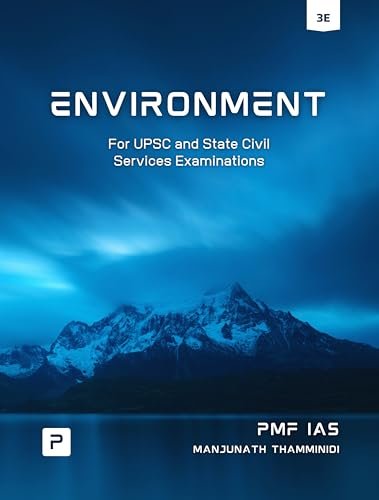




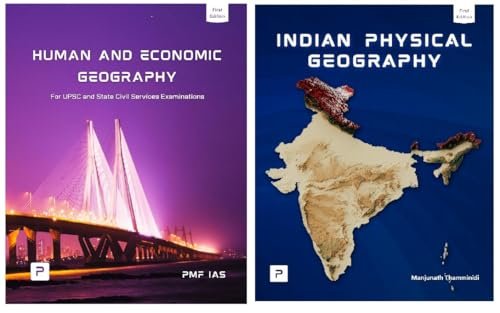

![PMF IAS Environment for UPSC 2022-23 [paperback] PMF IAS [Nov 30, 2021]…](http://pmfias.b-cdn.net/wp-content/uploads/2024/04/pmfiasenvironmentforupsc2022-23paperbackpmfiasnov302021.jpg)
